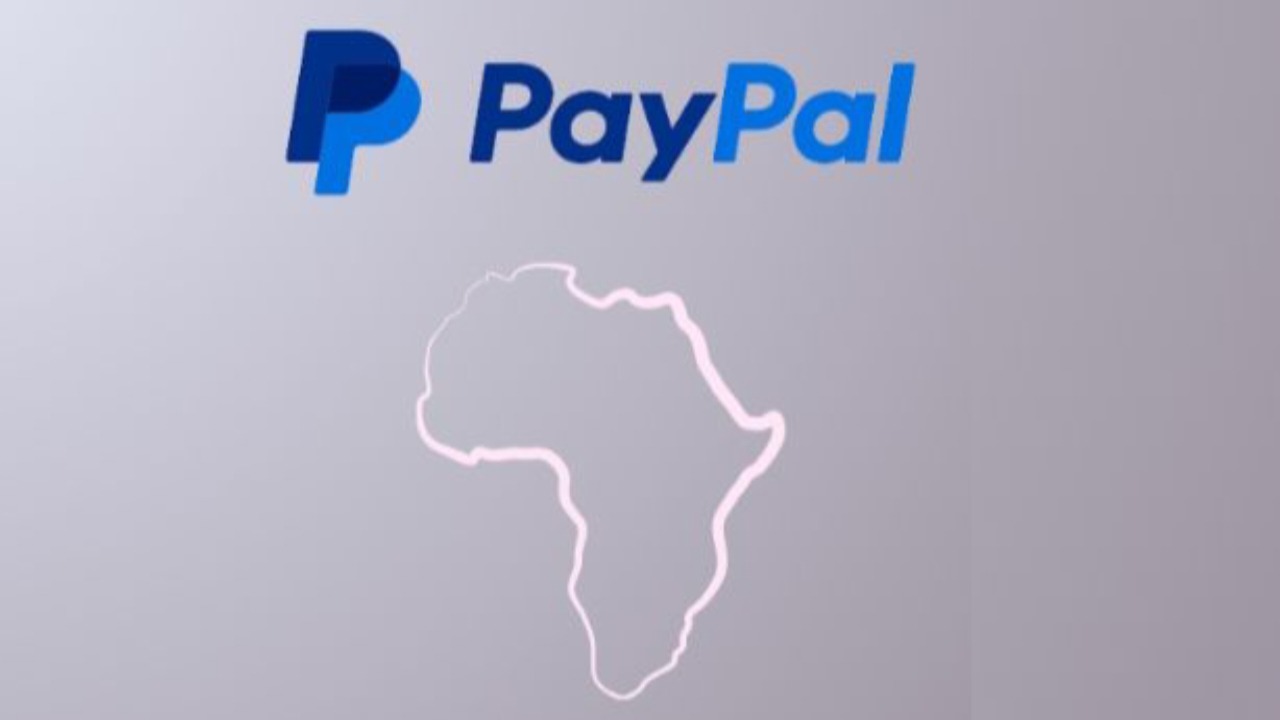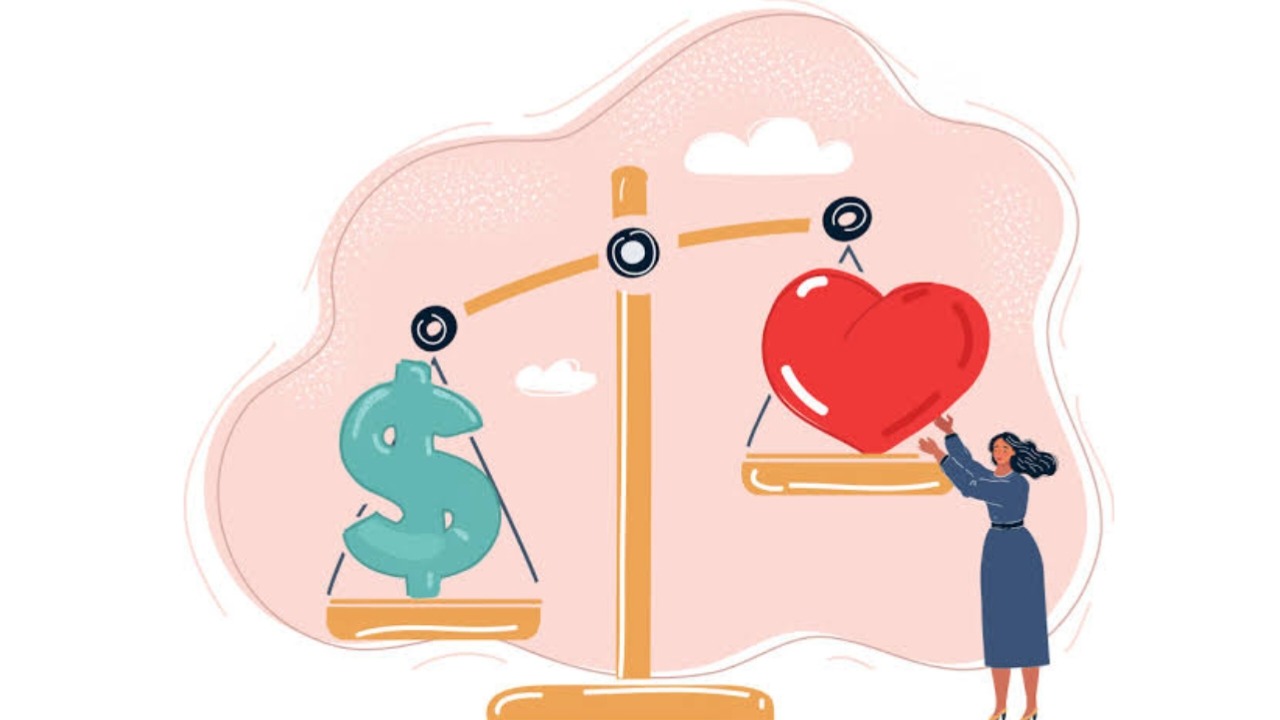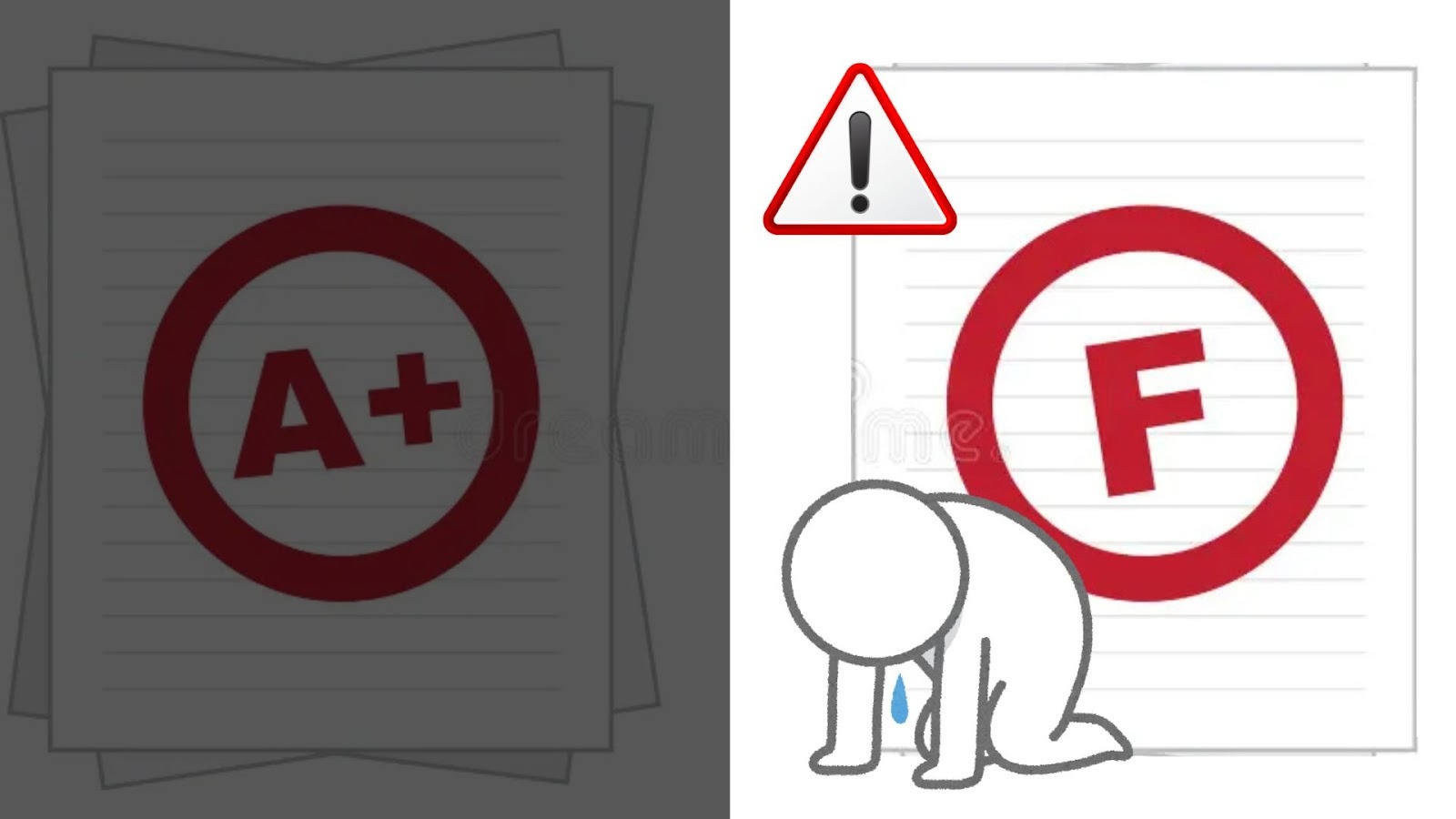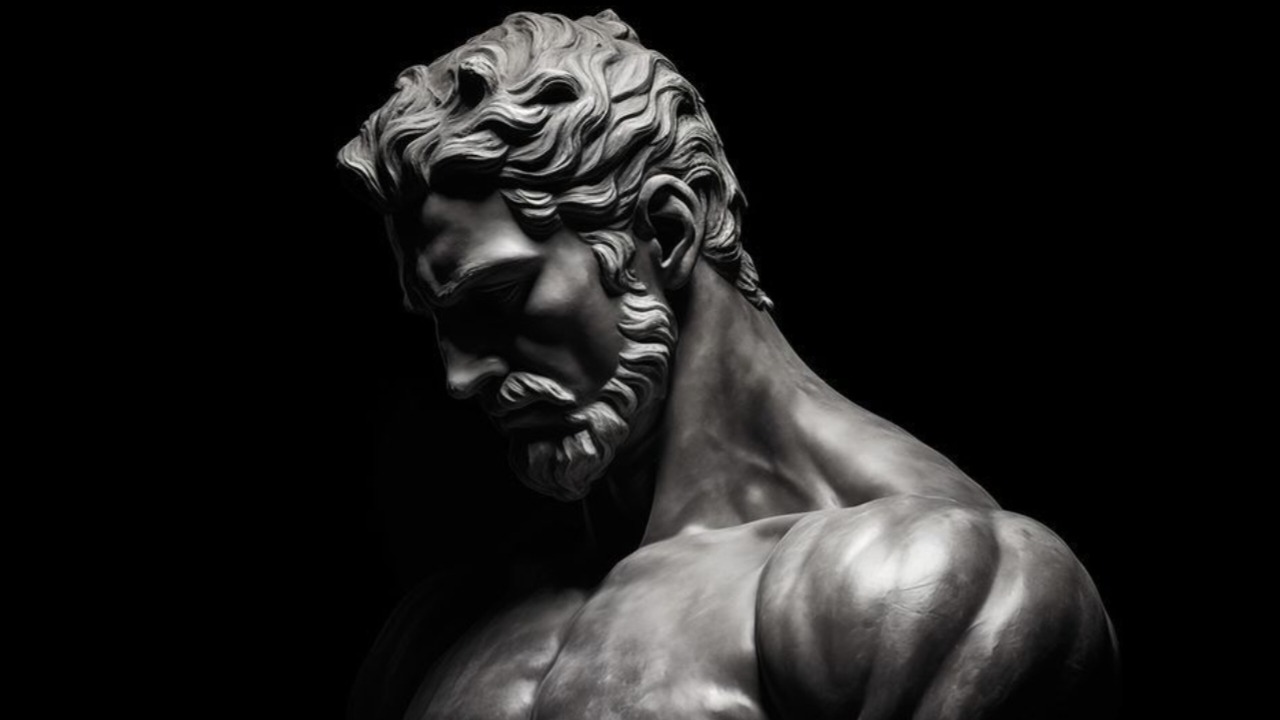The Price of Stardom: Fame, Exploitation, and Survival in Africa’s Creative Industry
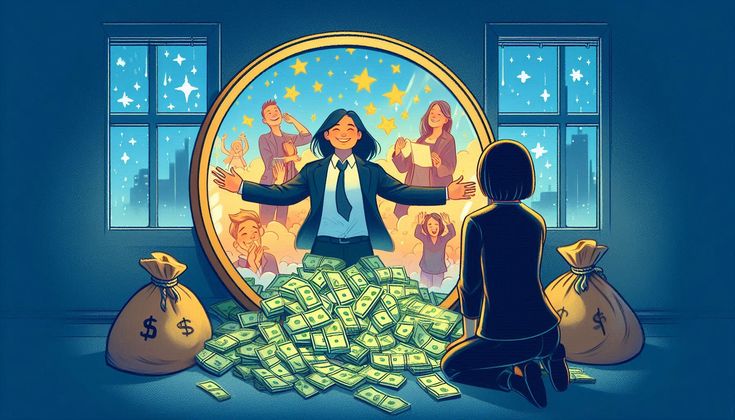
A Dream in Lights, A Life in Shadows
The crowd keeps roaring every night across cities in Accra, Lagos and Johannesburg. Rising Afrobeats singer standing tall on stages beneath blinding stage lights, voices soaring over the speakers, sea of fans singing every word back to these artists. For those in the audience, it is a spectacle of success, various young African stars who have “made it.” But what they can't see is the reality offstage: struggling to come up with a hit song or movie, months of unpaid royalties, a suffocating contract with a record label, and trying to keep up with bills, lifestyle and expectations they can barely afford.
This contradiction, the glittering image of fame against the crushing weight of exploitation, defines the hidden story of Africa’s creative industry. Behind every Afrobeats anthem topping global charts, every Nollywood blockbuster streamed on Netflix, every viral skit from a comedian in Nairobi or Accra, lies a difficult question: What does it really cost to be a star in Africa?
From Griots to Global Icons
In Africa, the idea of stardom isn’t new. Long before hashtags, radio spins, or red carpets, the continent’s entertainers were griots, praise singers, dancers, drummers, and storytellers, custodians of memory, identity, and power. They were celebrated, but they were also bound by social responsibility: to sing truth, preserve history, and guide their communities.
Today, their descendants are the global icons of Afrobeats, Amapiano, Nollywood, and African fashion. Burna Boy fills stadiums from London to New York. Trevor Noah hosting the Daily Show and becoming one of the world’s most recognized comedians. Nollywood, once dismissed as “cheap” filmmaking, is now the second largest film industry in the world by volume.
Yet beneath the global applause, most African entertainers still face battles that make their stardom look less like triumph and more like survival.
Contracts Written in Chains
For young artists, the first step into fame often begins with a contract, one that promises the world but delivers servitude.
Nigerian music’s history is riddled with label disputes. Kizz Daniel, Runtown, and Burna Boy all had very public battles with record companies, some of whom were demanding exorbitant exit fees or withheld music rights.
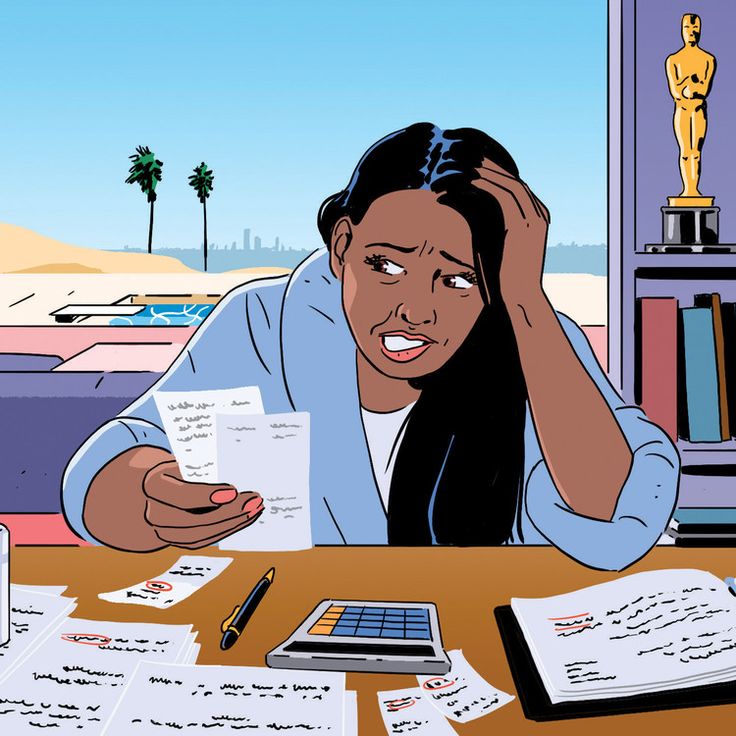
The film industry tells a similar story. Many Nollywood actors, especially upcoming actors and performers earn less than $500 for entire productions, with no royalties when films make millions in circulation. Creatives report being underpaid for streaming content while international platforms reap profits.
Even comedians and skit makers, who dominate Africa’s social media landscape, face their own version of exploitation: platforms pay little compared to the viral reach, and brand deals are inconsistent, forcing many to work without stability.
Social Insight
Navigate the Rhythms of African Communities
Bold Conversations. Real Impact. True Narratives.
The illusion of wealth persists, however. A rented mansion, borrowed luxury cars, and designer clothes for Instagram photos hide the stark reality of creatives living paycheck to paycheck.
Mental Health in the Spotlight’s Shadow
Beyond money, the psychological toll of African fame is severe. In societies where mental health remains stigmatized, many artists suffer silently.
South African hip-hop star Riky Rick openly battled depression before taking his own life in 2022, shocking the entertainment world. Nigerian singer Sound Sultan quietly fought cancer until his death, leaving fans mourning not just his music but the silence of his struggle.
The pressure to maintain a curated image, flawless, wealthy, and forever “winning” drives some stars to substance abuse or burnout. Social media, while a tool of connection, has become a weapon of trolling, dragging, and relentless scrutiny.
“Being famous in Africa is like being worshipped in public and abandoned in private,” People assume that creatives and entertainers are rich and happy. The truth is, many of them might be suffering.”
Gendered Battles in the Industry
For female creatives, the price of stardom is doubled.
Sexual harassment, objectification, and unequal pay are rampant. Many female artists have spoken of being pressured into exploitative relationships to secure contracts or screen time. With rumors spreading around that Nollywood is allegedly “full of predators,” while the younger talents often lack the power to resist.
On stage, women’s bodies are policed: they are either over-sexualized for profit or vilified for stepping outside conservative expectations. Unlike their male counterparts, female entertainers carry an extra burden, to prove their talent while surviving exploitation.
Hustle or Die
Unlike Hollywood or Europe, Africa’s entertainment industry often lacks strong union structures, pension systems, or long-term protections. For many stars, the hustle never ends.
Social Insight
Navigate the Rhythms of African Communities
Bold Conversations. Real Impact. True Narratives.
Musicians supplement income with brand endorsements, weddings, or nightclub appearances. Actors juggle acting with side businesses. Skit makers sell merchandise or rely on YouTube monetization.
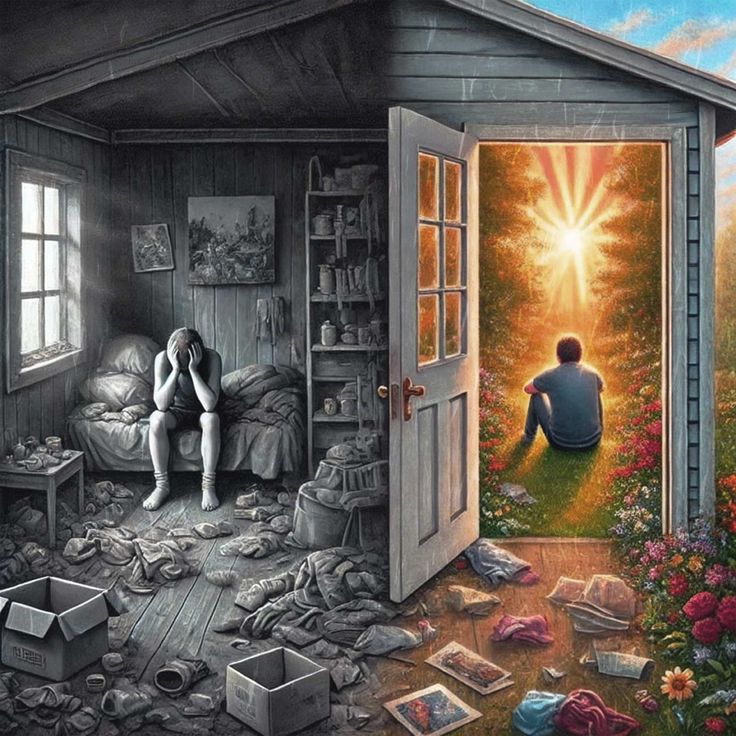
Ironically, the global visibility of African entertainment, from Beyoncé sampling African beats to Netflix funding Nollywood, has not yet translated into broad economic security for most creatives at home. A select few, Wizkid, Davido, Black Coffee, Sho Madjozi, have crossed over into global wealth. But for every one of them, thousands of others struggle under the weight of fame without fortune.
The Silent Graveyard of Fame
One of the starkest realities is that many African entertainers die poor, despite lifetimes of adoration.
Veteran Nollywood actor Sam Loco Efe passed away with little financial security. South African artists like Mshoza and Zahara, despite national fame, publicly struggled with poverty and illness before their deaths. Ghanaian actors such as Nii Odoi Mensah died after appeals for medical help fell on deaf ears.
In each case, the pattern is clear: society celebrates the image of the star but neglects the reality of their survival. Death becomes the only time when their contributions are truly honored.
Resistance, Rebellion, and New Models
Still, African creatives are not silent victims. Across the continent, a movement of resistance is growing.
Independent labels are breaking the stranglehold of exploitative contracts. Wizkid and Burna Boy now own their music rights. Comedians like Mr. Macaroni and Elsa Majimbo have leveraged social media to bypass traditional gatekeepers. Streaming platforms, while imperfect, allow direct access to audiences without physical distributors.
There are also grassroots collectives forming unions and welfare programs, such as the Actors Guild of Nigeria, though many argue they need more teeth. Governments, too, are beginning to wake up to the billion-dollar potential of entertainment, with Nigeria and South Africa introducing policies to protect intellectual property and expand creative economies.
The Cost of Brilliance
Yet, for every reform, the fundamental question remains: how many lives will be dimmed before Africa truly protects its stars?
Social Insight
Navigate the Rhythms of African Communities
Bold Conversations. Real Impact. True Narratives.
The creative industry is not just about entertainment. It is about identity, cultural export, and soft power. African stars carry the hopes of a continent eager to tell its own story. But until the system values their humanity as much as their output, stardom will remain a double-edged sword: liberation and prison, applause and exploitation, wealth and poverty.
A Call to Remember
Back in Lagos, as another Afrobeats singer or filmmaker ends their set, let's remember to truly support them beyond the applause, they should be convinced that they are more relevant beyond the height of their successes.
Because Africa’s stars may light up the world, but too often, their brilliance comes at the cost of burning themselves out.
You may also like...
When Sacred Calendars Align: What a Rare Religious Overlap Can Teach Us

As Lent, Ramadan, and the Lunar calendar converge in February 2026, this short piece explores religious tolerance, commu...
Arsenal Under Fire: Arteta Defiantly Rejects 'Bottlers' Label Amid Title Race Nerves!

Mikel Arteta vehemently denies accusations of Arsenal being "bottlers" following a stumble against Wolves, which handed ...
Sensational Transfer Buzz: Casemiro Linked with Messi or Ronaldo Reunion Post-Man Utd Exit!

The latest transfer window sees major shifts as Manchester United's Casemiro draws interest from Inter Miami and Al Nass...
WBD Deal Heats Up: Netflix Co-CEO Fights for Takeover Amid DOJ Approval Claims!

Netflix co-CEO Ted Sarandos is vigorously advocating for the company's $83 billion acquisition of Warner Bros. Discovery...
KPop Demon Hunters' Stars and Songwriters Celebrate Lunar New Year Success!

Brooks Brothers and Gold House celebrated Lunar New Year with a celebrity-filled dinner in Beverly Hills, featuring rema...
Life-Saving Breakthrough: New US-Backed HIV Injection to Reach Thousands in Zimbabwe

The United States is backing a new twice-yearly HIV prevention injection, lenacapavir (LEN), for 271,000 people in Zimba...
OpenAI's Moral Crossroads: Nearly Tipped Off Police About School Shooter Threat Months Ago
ChatGPT-maker OpenAI disclosed it had identified Jesse Van Rootselaar's account for violent activities last year, prior ...
MTN Nigeria's Market Soars: Stock Hits Record High Post $6.2B Deal

MTN Nigeria's shares surged to a record high following MTN Group's $6.2 billion acquisition of IHS Towers. This strategi...

